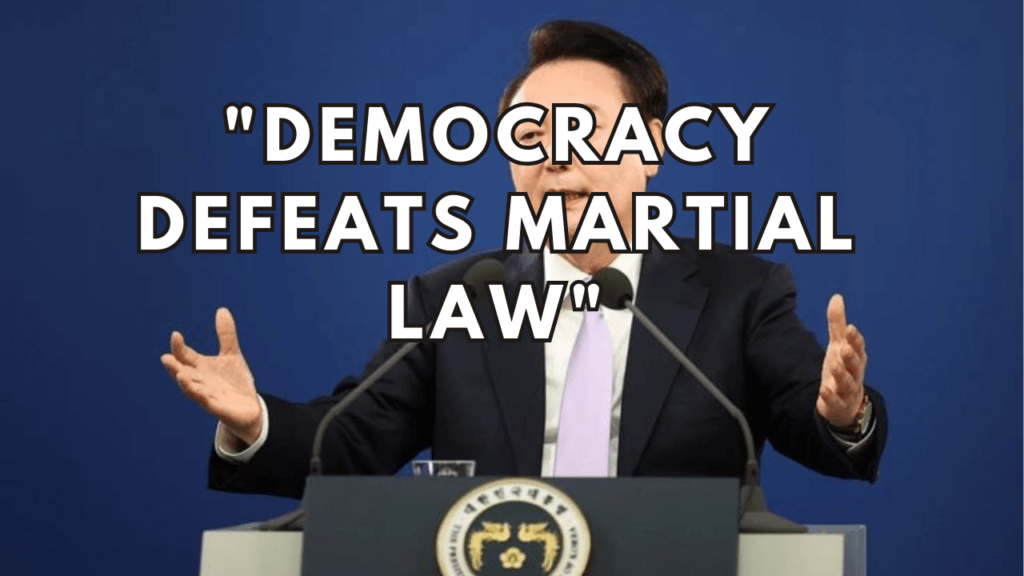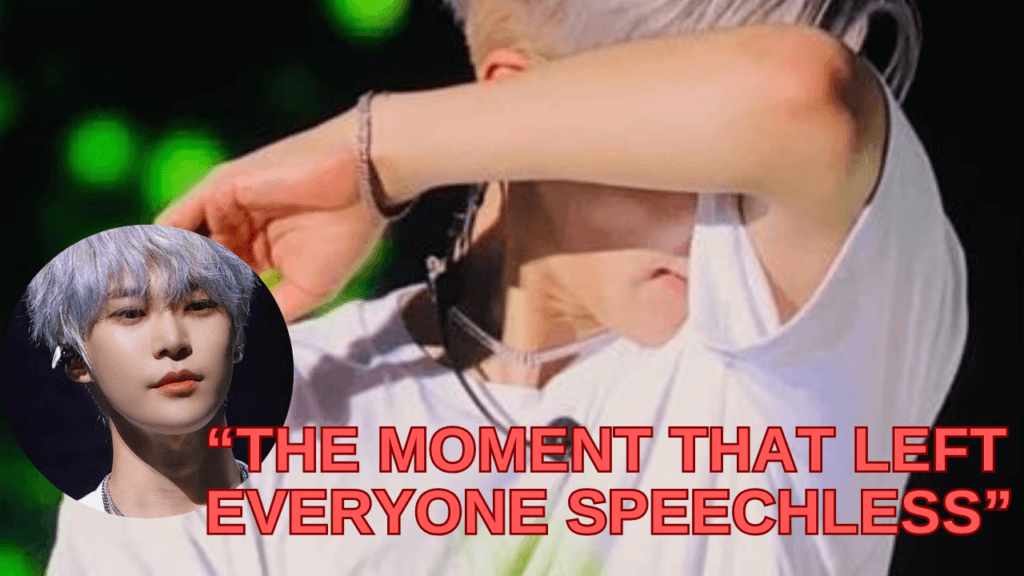Dramatic Night in Seoul
The South Korea martial law crisis sent shockwaves through the nation when President Yoon Suk Yeol declared emergency rule late Tuesday night. In an unprecedented move, military forces surrounded the National Assembly building, creating tension throughout Seoul. The crisis lasted only six hours before Yoon withdrew the order under intense pressure from lawmakers and citizens alike.
Military helicopters hovered over the capital city while armored vehicles patrolled the streets. Citizens watched in disbelief as their democratic nation suddenly resembled scenes from its authoritarian past. Social media platforms exploded with videos and photos of soldiers positioning themselves around government buildings.
The declaration came as a surprise when Yoon addressed the nation around 10:20 PM KST. He cited concerns about “anti-state forces” and accused the opposition of sympathizing with North Korea. His speech, broadcast live across all major networks, sparked immediate resistance from both opposition and ruling party members. Political analysts noted this was the first such declaration since the country’s democratization in the late 1980s.
Swift Parliamentary Response
The South Korea martial law crisis reached its peak when 190 lawmakers gathered for an emergency session. Despite military presence, they successfully entered the National Assembly and voted unanimously to reject the declaration. The parliament’s swift action demonstrated the strength of South Korea’s democratic institutions.
Opposition lawmakers managed to bypass military barricades and convene the session. Their determination to protect democratic values became evident as helicopters circled overhead and soldiers stood guard outside the building. Some lawmakers were seen climbing walls and using fire extinguishers to prevent military entry into the main chamber.
International observers and foreign embassies in Seoul expressed deep concern about the situation. The United States, Japan, and European Union representatives called for immediate restoration of democratic order.
Mounting Pressure and Withdrawal
As the Yoon Suk Yeol impeachment threat grew stronger, pressure mounted from all sides. Even members of his own People Power Party opposed the martial law declaration. By 4:30 AM Wednesday, Yoon announced the withdrawal of military forces and agreed to lift the emergency order.
The crisis triggered widespread protests across Seoul, with thousands gathering in major districts including Gwanghwamun and Yeouido. Citizens gathered outside the National Assembly, expressing their opposition to military rule. The demonstration remained peaceful despite the tense atmosphere, with protesters singing democracy anthems and holding candlelight vigils.
Final Thoughts on South Korea’s Democratic Test
The South Korea martial law crisis tested the nation’s democratic foundations but ultimately showed the resilience of its institutions. The events highlighted the importance of civilian control over military forces and the power of unified political opposition against potential authoritarian moves.
What are your thoughts on this historic six-hour period that shook the nation? Share your comments below.







